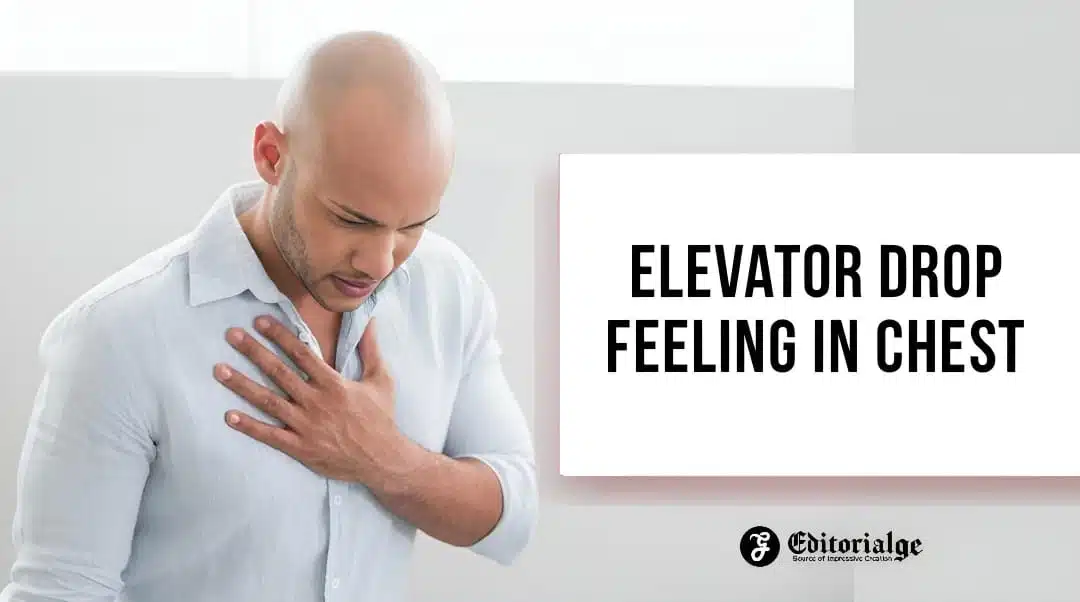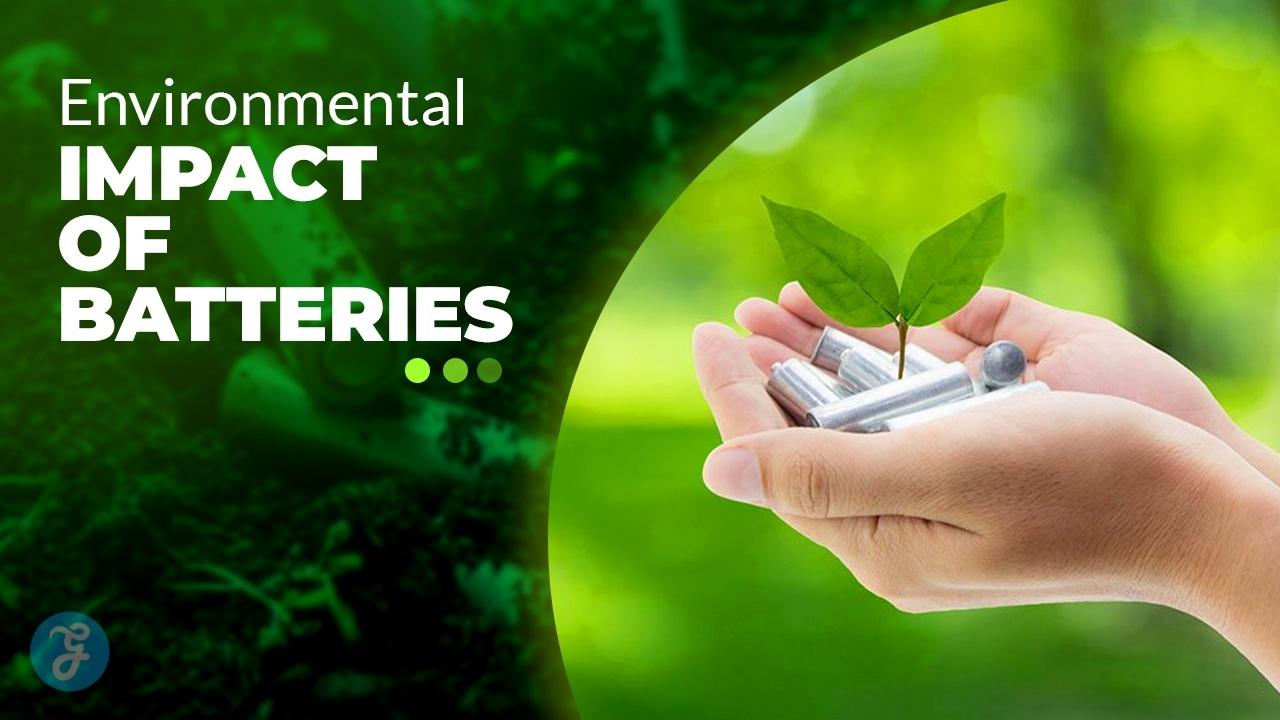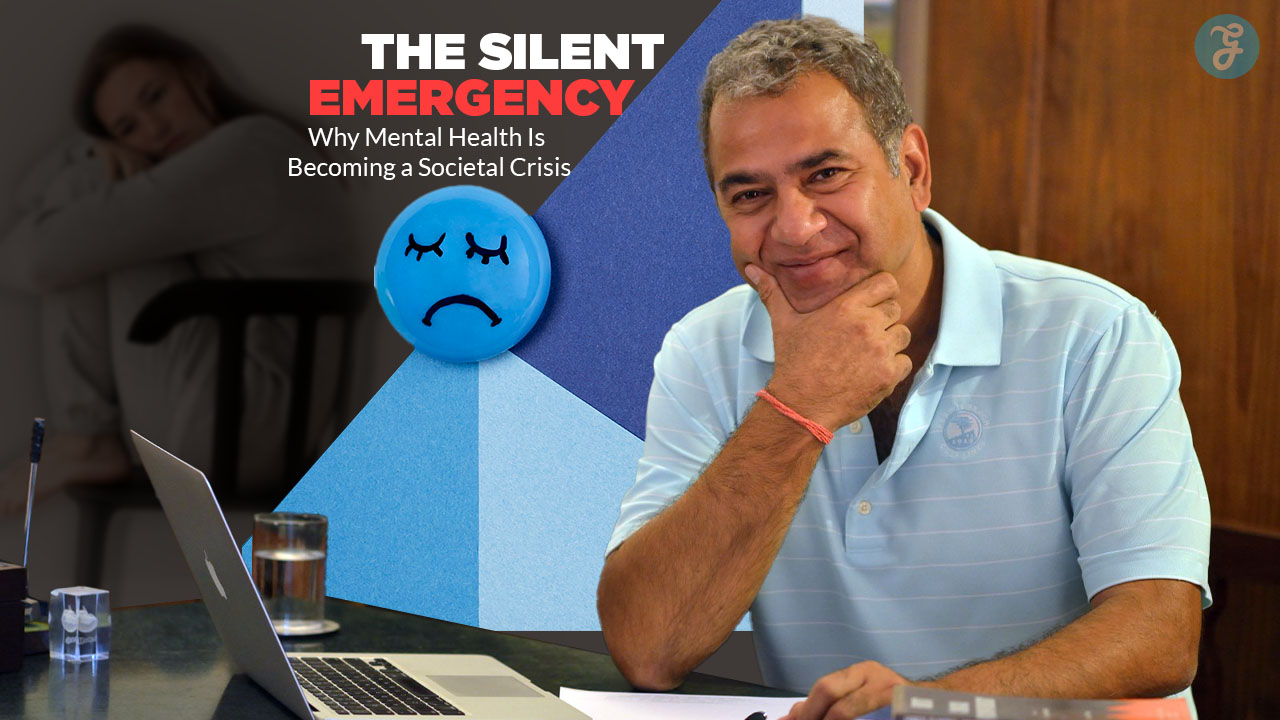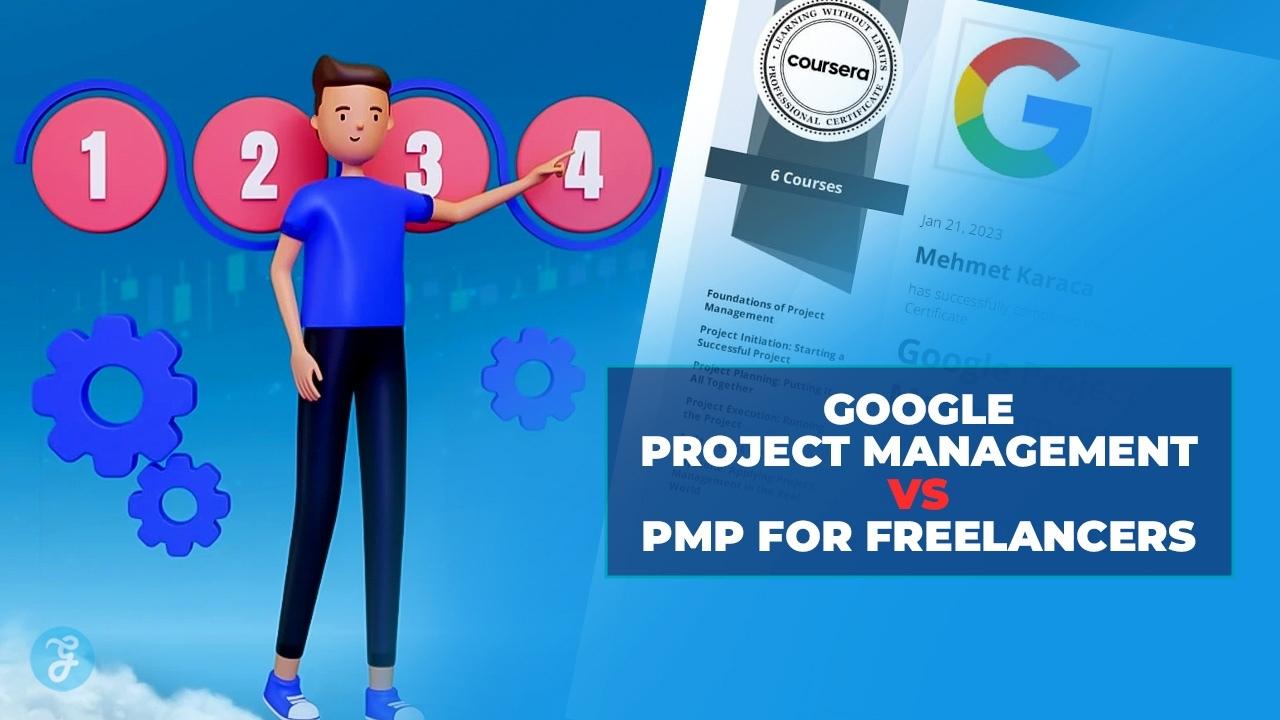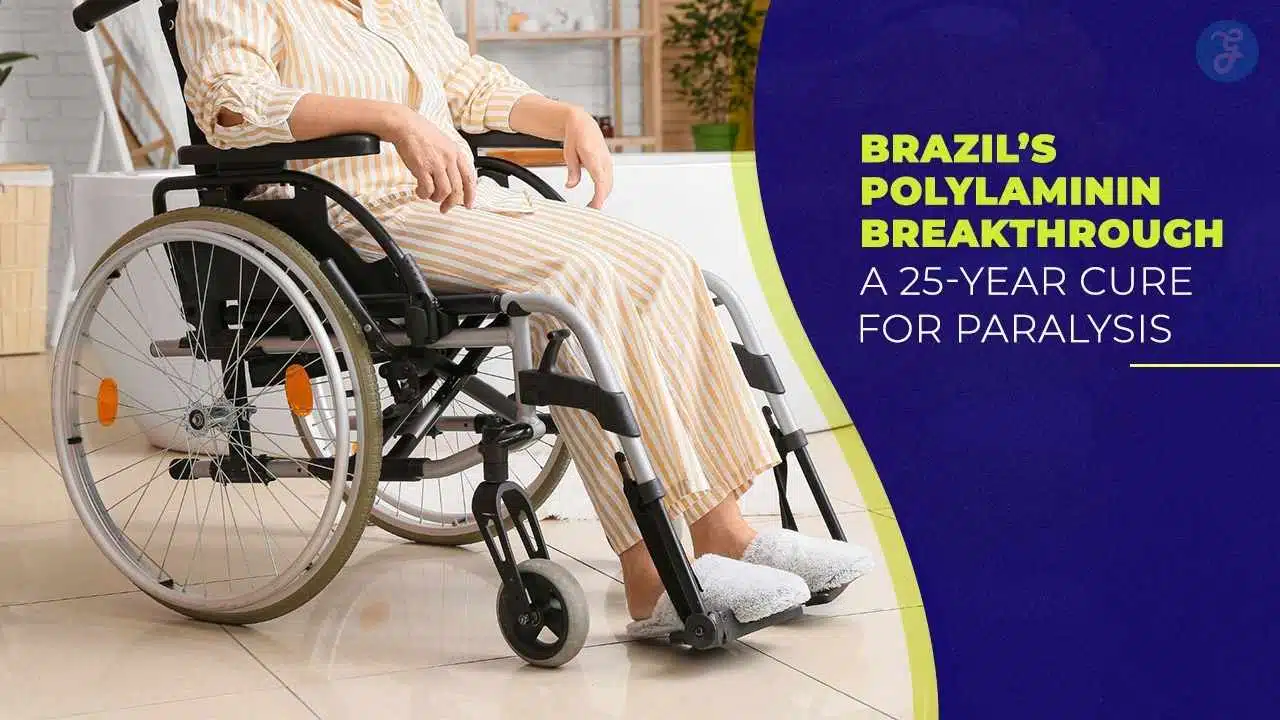Listen to the Podcast:
Have you ever experienced that unsettling sensation of your stomach suddenly dropping, as if you were on a plummeting elevator? This “elevator drop feeling” in your chest is a common phenomenon many people encounter at some point. This mysterious and often uncomfortable sensation can leave individuals anxious about its origins.
This article will delve into the science behind this unique experience, exploring the underlying causes and potential remedies for the elevator drop feeling in chest. With a focus on promoting overall well-being, we aim to provide readers with valuable insights and practical strategies to better understand and manage the elevator drop feeling in their chest.
Whether you’ve experienced this sensation on a roller coaster, during moments of anxiety, or seemingly out of the blue, join us as we unravel the mystery behind this perplexing and heart-stopping feeling.
The Science Behind the Elevator Drop Feeling in Chest
The elevator drop feeling in the chest is a complex phenomenon influenced by physiological and psychological factors. To fully understand this sensation, it’s essential to explore its science, starting with the vestibular system and the body’s response to perceived changes in motion or balance.
The vestibular system, located within the inner ear, plays a crucial role in our sense of balance and spatial orientation. It contains specialized structures that detect linear and rotational acceleration of the head. When the vestibular system perceives a rapid change in motion or position, such as during a sudden drop on a roller coaster or the movement of an elevator, it sends signals to the brain, which can result in the sensation of free-fall or “dropping” in the chest.
Simultaneously, the brain registers this information and activates the sympathetic nervous system, responsible for the “fight or flight” response. This activation releases adrenaline, a hormone that increases heart rate, blood pressure, and overall arousal levels. These physiological changes can contribute to the sensation of the elevator drop feeling in the chest.
Additionally, the brain’s response to these perceived changes in motion and balance can be influenced by psychological factors, such as anxiety or panic attacks. When experiencing anxiety or panic, the body’s fight or flight response can be triggered, leading to the same physiological changes that occur during a sudden drop, even without actual changes in motion or position.
Sometimes, the elevator drop feeling in the chest may be attributed to inner ear disorders or other medical conditions. Meniere’s disease, for example, is a disorder that affects the inner ear and can cause symptoms such as vertigo, tinnitus, and the sensation of pressure in the ear. Similarly, certain heart conditions or palpitations can manifest as a feeling of dropping or fluttering in the chest.
Common Causes of the Elevator Drop Feeling
There are several common causes of the elevator drop feeling in the chest, which can be broadly categorized into environmental, physiological, and psychological factors:
Environmental Factors
Riding in elevators or other rapidly moving vehicles: The sudden acceleration or deceleration experienced during elevator rides, amusement park attractions, or even driving can trigger the vestibular system and induce the elevator drop feeling in the chest.
Turbulence during air travel: Unexpected turbulence can cause rapid shifts in altitude, resulting in a similar sensation of free fall or dropping in the chest.
Physiological Factors
Inner ear disorders: Conditions such as Meniere’s disease, benign paroxysmal positional vertigo (BPPV), and labyrinthitis can disrupt the functioning of the vestibular system, causing dizziness, vertigo, and the elevator drop feeling in the chest.
Heart conditions: Certain heart-related issues, such as arrhythmias or palpitations, can cause irregular heartbeats or sensations of fluttering in the chest, which may be perceived as the elevator drop feeling.
Psychological Factors
Anxiety and panic attacks: Heightened anxiety or panic can stimulate the body’s fight-or-flight response, releasing adrenaline and the onset of various physiological changes, including the elevator drop feeling in the chest.
Stress: Chronic stress can cause the body to be constantly alert, making individuals more susceptible to experiencing the elevator drop feeling in response to minor triggers or without apparent reason.
Elevator Drop Feeling in Chest: Remedies
Several remedies and coping strategies can help alleviate the elevator drop feeling in the chest, depending on the underlying cause. Here are some practical approaches:
Breathing Techniques
Practicing deep, slow, and controlled breathing can help calm the nervous system, reduce anxiety, and minimize the elevator drop feeling in the chest. Techniques such as diaphragmatic breathing, the 4-7-8 technique, or box breathing can be beneficial in regulating the body’s response to stress.
Grounding Techniques
When experiencing free fall, grounding techniques can help reestablish balance and stability. Some helpful methods include
- Focusing on physical sensations, such as feeling the ground beneath your feet or holding onto a stable object.
- Engaging in sensory experiences, like smelling a calming scent or touching a textured surface.
- Practicing mindfulness meditation or body scans to bring awareness to the present moment.
Over-the-Counter Medications
For individuals who experience motion sickness or vertigo due to inner ear disorders, over-the-counter medications like meclizine, dimenhydrinate, or scopolamine can help alleviate symptoms and reduce the elevator drop feeling in the chest. Always consult a healthcare professional before starting any new medication.
Lifestyle Adjustments
Adopting a balanced diet, engaging in regular physical activity, and practicing stress management techniques can contribute to overall well-being and reduce the likelihood of experiencing the elevator drop feeling. Additionally, avoiding triggers such as excessive caffeine or alcohol consumption can be beneficial.
Cognitive-Behavioral Therapy (CBT)
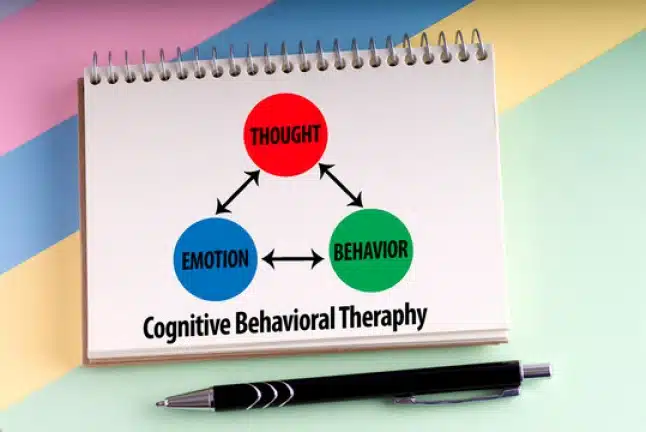
CBT can be a practical treatment approach for those who experience elevator drop feelings due to anxiety or panic disorders. This form of therapy helps individuals identify and challenge negative thought patterns while providing them with tools to manage their emotional responses better.
Vestibular Rehabilitation Therapy (VRT)
If inner ear disorders cause the sensation, VRT may help improve balance and reduce symptoms. This therapy involves specific exercises to promote the brain’s adaptation to vestibular changes and improve overall function.
Medical Intervention
Sometimes, it may be necessary to consult a healthcare professional for a comprehensive evaluation and appropriate treatment plan. This is particularly important if the elevator drop feeling is accompanied by other concerning symptoms or if it significantly impacts daily functioning.
It is essential to explore different strategies and consult with a healthcare professional to determine the most appropriate course of action for your specific situation.
Prevention and Lifestyle Adjustments
Preventing the elevator drop feeling and promoting overall well-being often involves making positive lifestyle adjustments. Here are some simple and effective changes you can make:
- Exercise regularly: Engaging in physical activities, such as walking, swimming, or yoga, can help maintain balance, reduce stress, and improve overall health. Aim for at least 30 minutes of moderate exercise most days of the week.
- Eat a balanced diet: Consuming various nutrients can support your body’s overall functioning. Include fruits, vegetables, lean proteins, whole grains, and healthy fats daily.
- Stay hydrated: Drinking enough water throughout the day is essential for optimal bodily functions. Aim for at least eight glasses of water daily to stay well-hydrated.
- Limit caffeine and alcohol: Excessive caffeine or alcohol consumption can trigger the elevator drop feeling or make it worse. Reduce your intake of coffee, tea, energy drinks, and alcoholic beverages to minimize the risk.
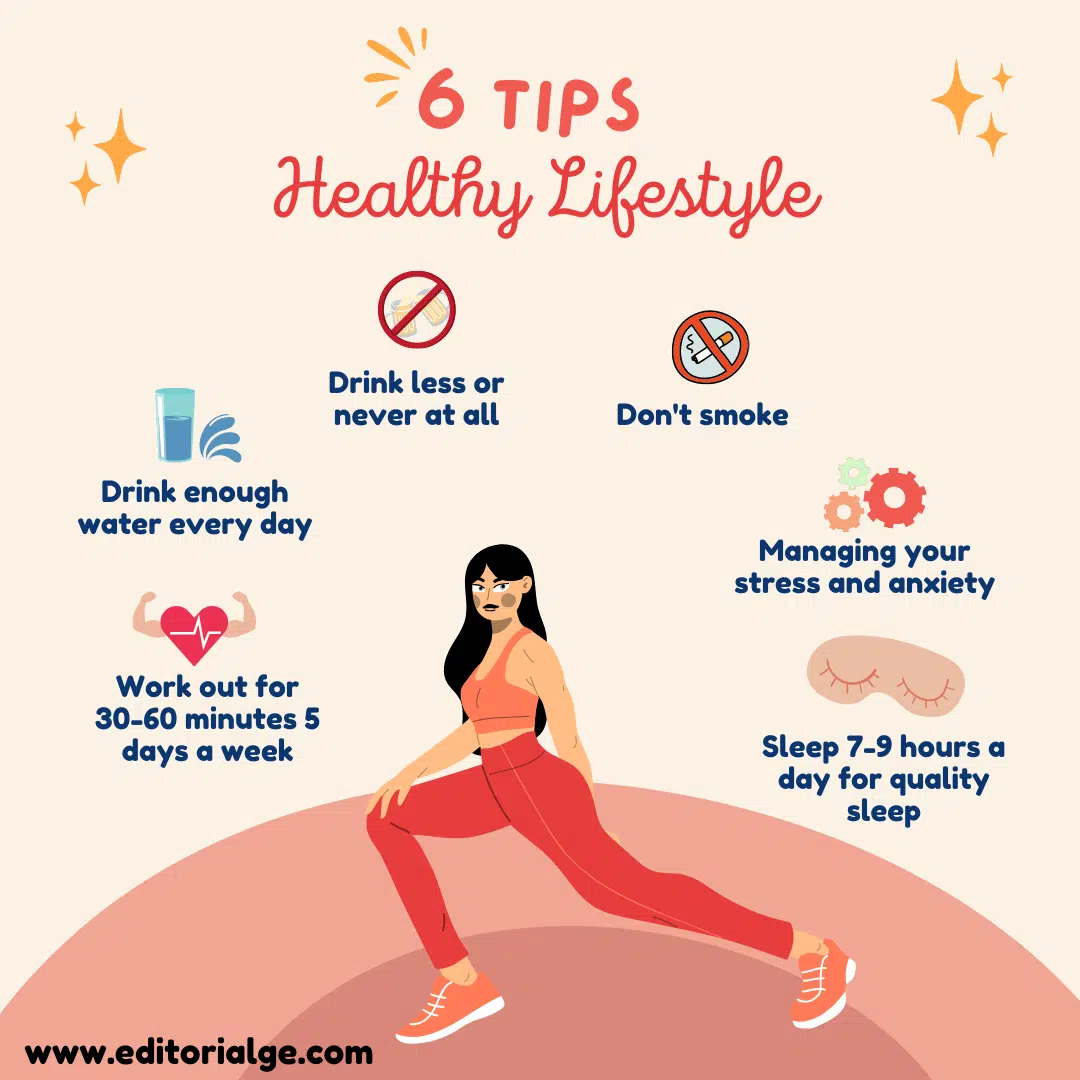
- Prioritize sleep: Getting sufficient restorative sleep is crucial for your body to function correctly. Aim for 7-9 hours of sleep per night and establish a consistent sleep schedule.
- Manage stress: Incorporate relaxation techniques such as deep breathing, meditation, or progressive muscle relaxation into your daily routine to manage stress effectively. These practices can help you stay calm and cope with the elevator drop feeling better.
- Maintain social connections: Engaging in social activities and staying connected with friends and family can provide emotional support and help reduce stress levels.
- Avoid sudden head movements: If you experience an elevator drop feeling due to inner ear issues, avoid making quick head movements or changing positions suddenly. This can help minimize the risk of triggering the sensation.
- Seek professional help: If you find that the elevator drop feeling is persistent or affecting your daily life, consult a healthcare professional for a thorough evaluation and personalized recommendations.
Adopting these lifestyle adjustments and prioritizing your well-being can reduce the likelihood of experiencing the elevator drop feeling and improve your overall quality of life. Consistency and commitment to these positive changes are crucial to achieving long-term success.
Elevator Drop Feeling in Chest: Warning Signs
While the elevator drop feeling in the chest is often harmless and temporary, certain warning signs may indicate a more serious underlying issue. If you experience any of the following symptoms alongside the elevator drop feeling, it is crucial to seek medical attention:
- Chest pain or discomfort: Persistent or severe chest pain could signal a heart problem, such as angina or a heart attack. It is essential to get medical help immediately if you have chest pain that does not go away.
- Shortness of breath: Difficulty breathing, mainly if it occurs suddenly or at rest, can be a sign of a more serious medical condition, such as heart failure, lung problems, or an anxiety disorder.
- Irregular heartbeat: If you notice an irregular or rapid heartbeat, this could be a sign of an arrhythmia or another heart-related issue that requires medical evaluation.
- Dizziness or fainting: Persistent dizziness, lightheadedness, or fainting episodes could indicate a problem with your vestibular system, heart, or blood pressure.

- Sudden and severe headache: A sudden, severe headache could indicate a serious condition, such as a stroke or an aneurysm. Seek immediate medical help if you experience this symptom.
- Nausea and vomiting: Persistent nausea or vomiting, especially when accompanied by the elevator drop feeling, could signal a problem with your vestibular system, gastrointestinal tract, or another underlying issue.
- Difficulty speaking or slurred speech: If you experience difficulty speaking or slurred speech along with the elevator drop feeling, this could be a sign of a neurological issue, such as a stroke or a transient ischemic attack (TIA).
- Sudden loss of vision or hearing: Any sudden changes in vision or hearing, especially if accompanied by the elevator drop feeling, should be evaluated by a healthcare professional as soon as possible.
- Weakness or numbness on one side of the body: If you notice sudden weakness or numbness on one side, this could be a sign of a stroke or another neurological issue requiring immediate medical attention.
Final Thoughts
The elevator drop feeling in the chest is a fascinating phenomenon with various causes ranging from environmental factors to physiological and psychological triggers. Understanding the science behind this sensation can help individuals identify potential causes, apply effective coping strategies, and make lifestyle adjustments to prevent its occurrence.
Prioritizing overall well-being and seeking timely medical attention when warning signs arise are crucial steps in managing this sensation. By sharing knowledge and raising awareness about the elevator drop feeling, we can empower individuals to take control of their health and lead a more balanced and fulfilling life.


